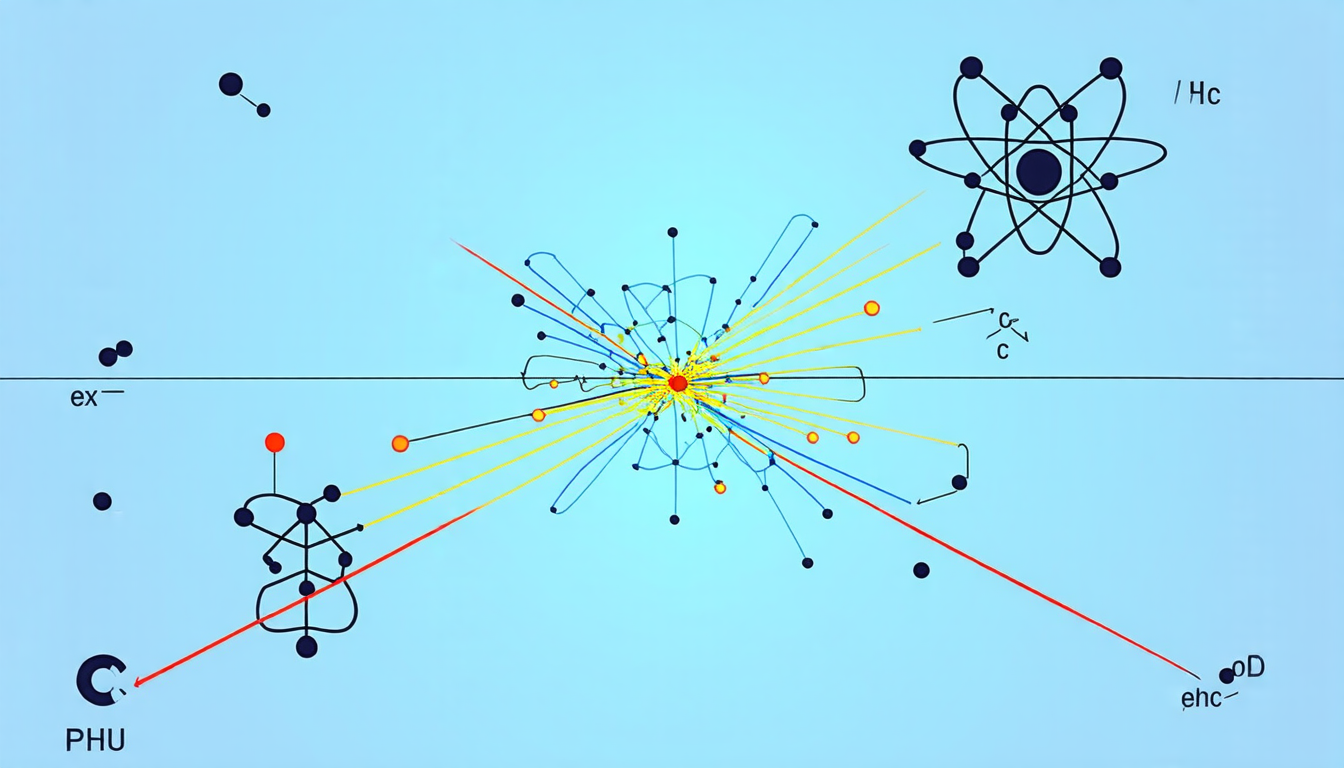Wednesday 16 April 2025
The researchers set out to investigate the stability of Bose-Einstein condensates (BECs) in one-dimensional systems, which are gases made up of ultracold atoms that behave like a single entity. They focused on two regimes: the Tonks-Girardeau regime, where the interactions between atoms are repulsive, and the super-Tonks-Girardeau regime, where the interactions are attractive.
In the first regime, the condensate expands indefinitely due to the repulsive forces between the atoms. However, by adding an oscillatory component to the interaction potential, the researchers found that they could stabilize the condensate, causing it to collapse into a dense state.
The second regime is more complex and involves attractive interactions between the atoms. In this case, the condensate can collapse due to the attractive forces, but the researchers discovered that by tuning the strength of these interactions, they could stabilize the condensate once again.
To investigate these phenomena, the team used a combination of analytical and numerical methods. They developed a model based on the Gross-Pitaevskii equation, which describes the behavior of BECs in one dimension. By solving this equation numerically, they were able to simulate the behavior of the condensate under different conditions.
The results show that by carefully controlling the interaction potential, it is possible to stabilize both repulsive and attractive BECs in one-dimensional systems. This has important implications for our understanding of these complex quantum systems and could potentially lead to new methods for manipulating and controlling them.
One of the key findings was that the stability of the condensate depends critically on the strength of the oscillatory component of the interaction potential. By adjusting this parameter, it is possible to shift the system from one regime to another, allowing for a greater degree of control over the behavior of the BEC.
The researchers also found that the stability of the condensate is influenced by the number of atoms in the system. In the repulsive regime, the condensate becomes less stable as the number of atoms increases, while in the attractive regime, it becomes more stable.
Overall, this study provides new insights into the behavior of BECs in one-dimensional systems and highlights the potential for controlling and manipulating these complex quantum systems. The results have important implications for our understanding of quantum mechanics and could potentially lead to new breakthroughs in fields such as quantum computing and materials science.
Cite this article: “Unlocking the Secrets of Quantum Chaos in Bose-Einstein Condensates”, The Science Archive, 2025.
Bose-Einstein Condensates, One-Dimensional Systems, Tonks-Girardeau Regime, Super-Tonks-Girardeau Regime, Repulsive Interactions, Attractive Interactions, Stability, Gross-Pitaevskii Equation, Quantum Mechanics







